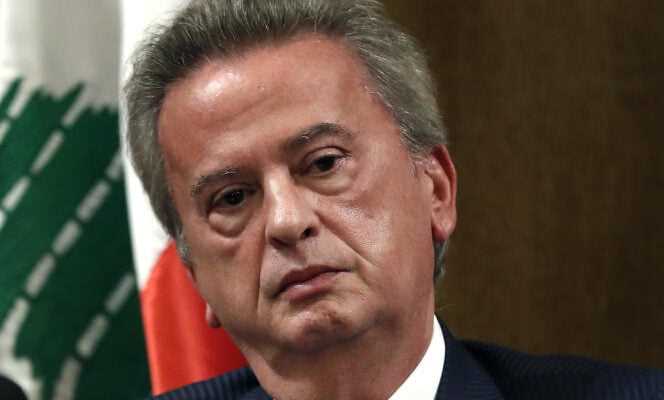In Lebanon, a country in the throes of economic collapse, where the currency has lost more than 90% of its value, the “banking party” will stop at nothing to preserve its secrets. And the crudest tactics are used to prevent justice from sticking its nose in the affairs of the political-financial nomenklatura, responsible for the bankruptcy of the state. The scene, worthy of a bad thriller, which took place on the morning of Tuesday January 11, at the headquarters of one of the country’s largest banks, in Beirut, provides an example of this.
Jean Tannous, assistant prosecutor at the Court of Cassation, who is investigating Riad Salamé, the head of the Banque du Liban (BDL), suspected of money laundering and embezzlement, hoped that day to strike a blow. Six financial establishments were to be simultaneously searched by the judicial police.
This operation was to recover statements of accounts of Raja Salamé, the brother of the great Lebanese treasurer, boss of a company called Forry. A procedure carried out in response to a request for mutual assistance from the Swiss justice system, which suspects this obscure brokerage company, with an account in Switzerland, of having served as a screen for the siphoning off of at least 200 million dollars from the BDL.
obstruction of justice
During the fall of 2021, Jean Tannous fought against these banks which, in the name of banking secrecy, the untouchable pillar of modern Lebanon, refused him access to Raja Salamé’s accounts. One of these establishments seized the hierarchy of the magistrate to obtain his exclusion, on the grounds that he would have exceeded his prerogatives. The Court of Cassation rejected this request, allowing Jean Tannous to go back on the offensive.
But on Tuesday, hardly had he set foot in one of the six banks, that the assistant prosecutor received a call from his superior, the attorney general, ordering him to cancel the searches. The magistrate therefore left empty-handed. According to Lebanese media, the chief prosecutor intervened at the request of the current head of government, Najib Mikati, a billionaire shareholder of a Lebanese bank.
Accused of obstruction of justice, the person concerned defended his action on behalf of “the need not to undermine what remains of the economic and financial pillars of the country”. “Even when Israel invaded Beirut, [les soldats] had not entered the institutions with weapons in this way”, he added, in reference to the attack on the country of the Cedars by the Hebrew State, in 1982. Not sure that this parallel was to the taste of the Lebanese depositors, whose savings are no longer worth anything.
